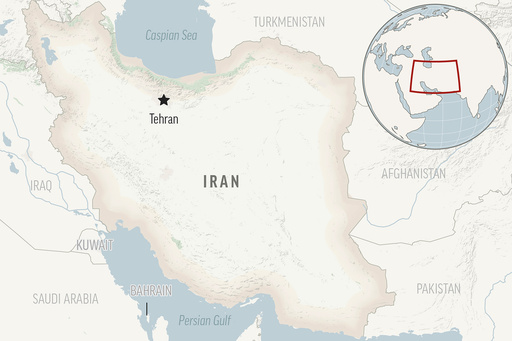A tragic bus accident occurred in central Iran when a bus carrying Shiite pilgrims from Pakistan to Iraq crashed, resulting in the death of at least 28 individuals, as reported by local authorities. The incident took place in the central Iranian province of Yazd, with 23 others sustaining injuries, 14 of which were reported as serious. All passengers on the bus were from Pakistan and there were a total of 51 individuals on board during the crash near the city of Taft, approximately 500 kilometers southeast of Tehran.
Images broadcasted on Iranian state television displayed the overturned bus with its roof damaged and doors open on the highway. The official on the scene, Mohammad Ali Malekzadeh, attributed the crash to the failure of the bus brakes and negligence on the part of the driver. Surveillance footage released later by state TV demonstrated the bus overspeeding past a parked car before veering into a dirt lot just prior to the accident, narrowly avoiding bystanders.
Meanwhile, authorities in Pakistan identified the passengers on the bus as residents of Larkana in the southern Sindh province. The Prime Minister of Pakistan, Shehbaz Sharif, expressed deep sorrow over the incident and confirmed that diplomatic assistance was being provided to those impacted. He conveyed his sympathies to the grieving families through a message on social media.
The pilgrims were en route to Iraq to participate in the Arbaeen commemoration. Known as a significant event in Shiite Islam, Arbaeen marks the death of Imam Hussein, the grandson of Prophet Muhammad, during the Battle of Karbala. The yearly commemoration in Karbala, Iraq, draws millions of pilgrims and signifies a momentous gathering in the Islamic calendar.
Additionally, a separate bus accident in Iran’s southeastern Sistan and Baluchestan province claimed the lives of six individuals and left 18 others injured. Iran, plagued with high road accident rates, witnesses around 17,000 fatalities annually, mainly due to traffic law violations, substandard vehicles, and inadequate emergency services in rural regions.
